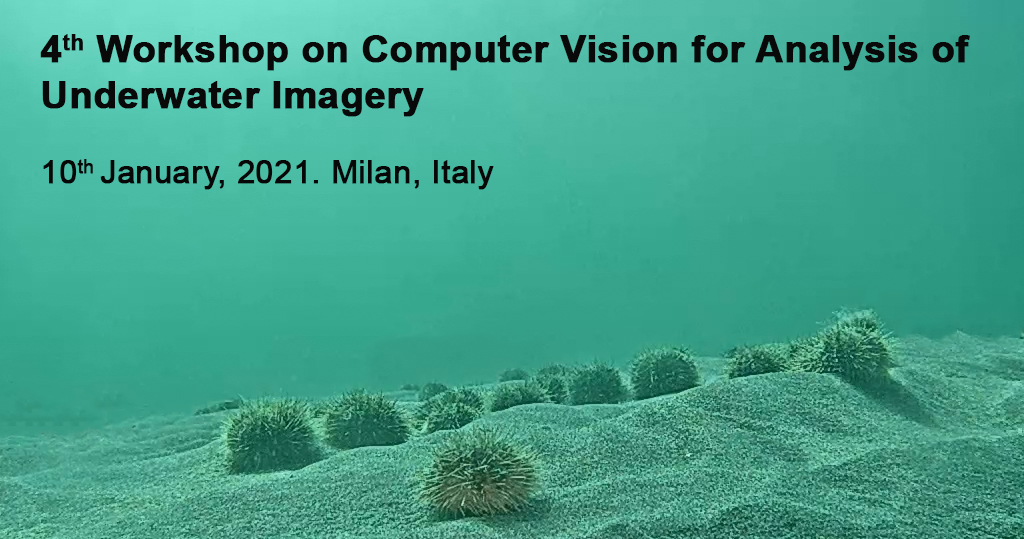Working with Robots at Depth
Michael Jenkin
Lassonde School of Engineering, York University
Abstract
There exist a large number of tasks in the water where it can be beneficial to have robots and divers work in tandem to solve problems underwater. Given the importance of visual information for human divers it is important that robots operating in proximity to humans can utilize visual information as well. Over the past fifteen years, we have been working with a variety of autonomous surface and underwater vehicles to deal with specific operational tasks as well as to better understand how to deploy robots both on the surface and underwater that work in tandem with human divers. Working from the surface to approximately 40m below, we have been exploring tasks related to human-robot interaction and 3D scene reconstruction. This talk highlights research results to date and ongoing work in human-robot interaction and invasive aquatic plant infestation.
Bio
Michael Jenkin is a Professor of Computer Science and Engineering, and a member of the Centre for Vision Research and IC@L at York University, Canada. Working in the fields of visually guided autonomous robots and virtual reality, he has published over 200 research papers including co-authoring Computational Principles of Mobile Robotics with Gregory Dudek and a series of co-edited books on human and machine vision with Laurence Harris. Michael has worked on a range of different intelligent systems including autonomous systems for survey tasks in nuclear power plants, crime scene investigation and scene remediation, and underwater and surface robot systems for environment monitoring. His current research interests include work on sensing and interaction strategies for intelligent autonomous machines, the application of VR to physical therapies, and the understanding of the perception of self-motion and orientation in unusual environments including short- and long-duration microgravity.

